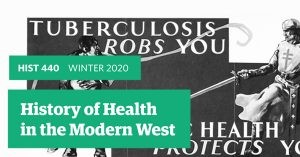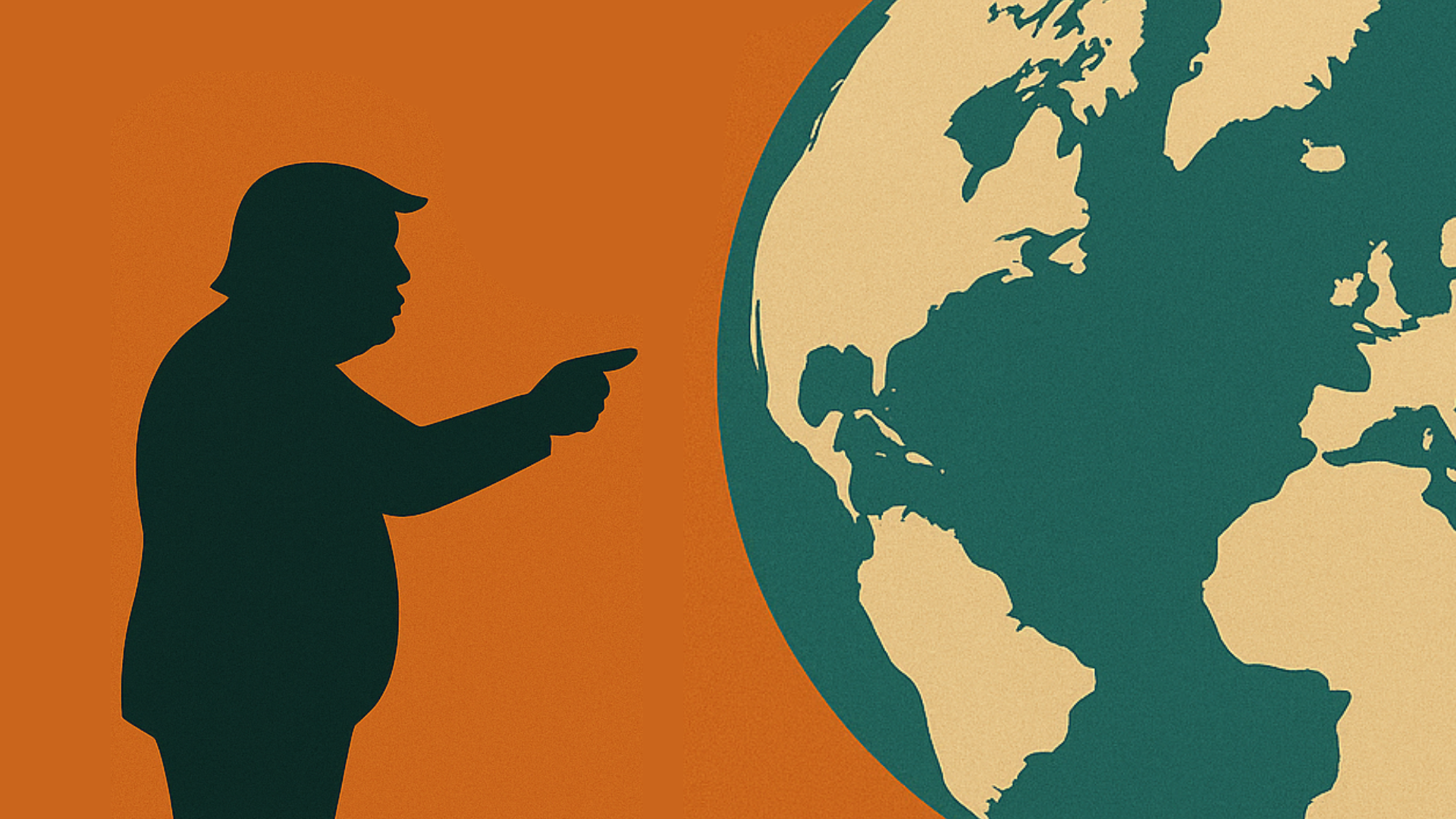

“[H]istorical examples give us food for thought about our current experience with COVID-19, and how many of the same factors are at play.”
Dr. Benjamin Bryce is joining the UBC History Department after teaching for six years at the University of Northern British Columbia. He completed his PhD at York University in 2013, and he did his BA at UBC. He studies the history of migration in the Americas, and is currently working on a project investigating the role of immigrants in providing health care in Buenos Aires between 1880 and 1955, casting light on the relationship between liberalism and cultural pluralism, the origins of the welfare state, and the importance of non-governmental actors in state formation.
I talked to him about his upcoming course, HIST 440: History of Health in the Modern West. What will his course look like, and why should students learn about the history of health?
What is your course about?
This course explores the history of health in the nineteenth and twentieth centuries in Europe, the Americas, and around the world. Focusing in particular on public health, population politics, and international collaboration, it asks how health policies have set the boundaries of inclusion and exclusion and how medicine has shaped nation-states, empires, and international relations.
What will students take away from this course (skills, useful knowledge for other work, a new appreciation for this subject, etc)?
This course offers lots of examples about how public health policies and vaccines developed but casts light on how the interest in the collective good worked to the detriment of some groups (defined race, ethnicity, class, and gender). These historical examples give us food for thought about our current experience with SARS-CoV-2 and how many of those same factors are at play. In 2020, our general societal response (including the popular implementation of public health directives) has led to negative health outcomes for some people more than others. Migrant farm workers in Ontario are being told to keep working and infect other migrant farm workers if they themselves are asymptomatic carriers of SARS-CoV-2. African Americans have contracted COVID-19 at rates much greater than white Americans. Delivery workers — often in precarious financial situations — in Vancouver and around the world risk exposure so that others don’t have to leave the house.The general response to COVID-19 also has had unintended consequences, affecting the mental health of many people, the development of children, and the professional success of parents (disproportionately mothers). In the final part of the course, students will do a project on the novel coronavirus as a way to connect the present with our history learning.


Dr. Benjamin Bryce
How is the workload distributed? What should students expect in terms of assignments and reading?
In this and all my courses, I follow the logic of “scaffolding”. An early essay, book review, or archival survey will be used for the final research project. The workload will be distributed as evenly as possible over the course of the semester, which will be particularly important assuming UBC continues to follow alternative forms of course delivery in January.
What aspect of the course- a specific lecture, an assignment, a guest lecturer, a film, a certain topic, etc- are you most excited for your students to experience?
I really look forward to discussing the one assigned book in the course (all other readings are journal articles, which means that the course materials only cost about $35 total). The book, Eradication: Ridding the World of Diseases Forever? by Nancy Stepan examines the recurring human desire to fully eradicate diseases rather than managing them and mitigating risk. This idea shaped international public health projects in the developing world in the early 20th century, it returned recently as an objective of the Gates Foundation, and we see it again with popular understandings of COVID-19 lockdowns and closed borders.
Give us a cool or weird fact about this historical topic.
Did you know that the root of the word vaccine is the Latin word for “cow”? At the turn of the 19th century, the first vaccine was developed to protect people against smallpox. It was derived from another, less harmful disease called cowpox. How did the British transport their smallpox vaccine to the Caribbean and India to further inoculate against smallpox? They infected a person with cowpox; when this person arrived in Kingston or Mumbai, a doctor could then take the contents of a cowpox sore on somebody’s skin and inject it into somebody else, thereby giving them immunity to smallpox.
What’s something interesting about you that your students might not expect?
I grew up in the Yukon. After graduating from high school, I went to high school for another year in a small city in northwestern Argentina as a Rotary exchange student.
Register for HIST 440 here.
Find out more about Dr. Benjamin Bryce’s research and teaching here.


